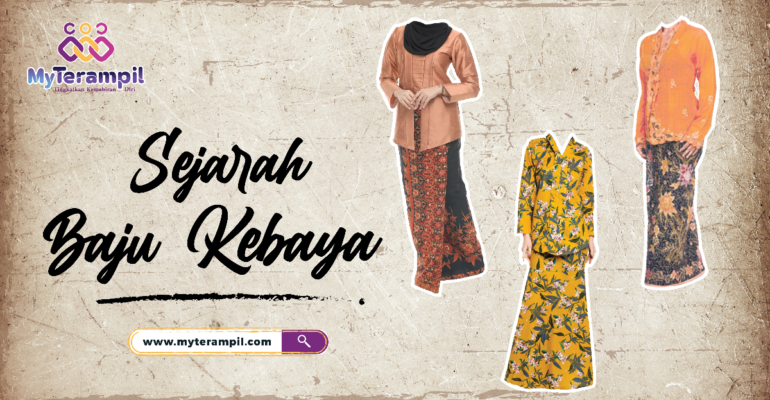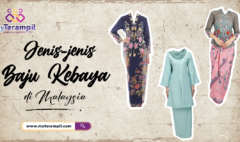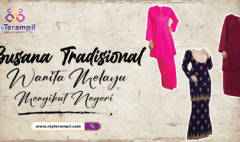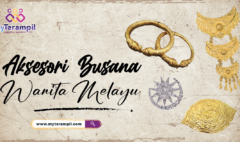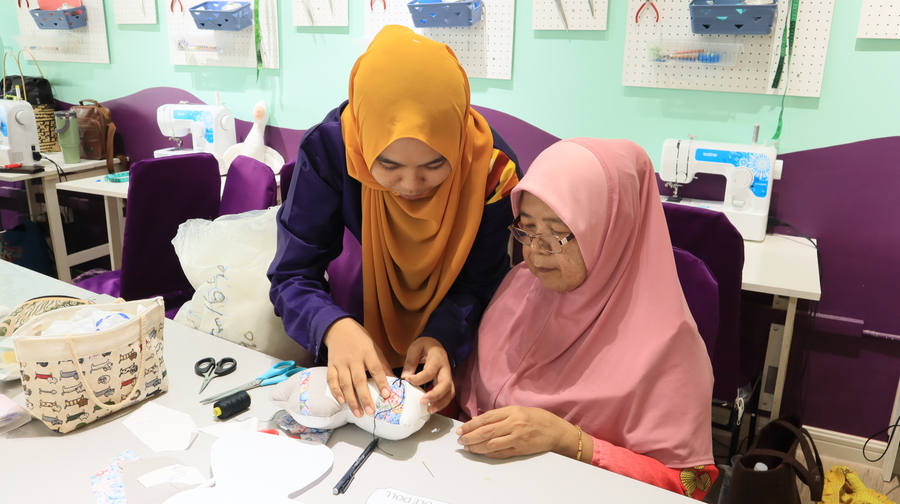History of Baju Kebaya
History of Baju Kebaya
Women in Malaysia, Indonesia, Singapore, and Brunei wear Baju Kebaya, a traditional dress. The Malaysian community has cherished this timeless fashion heritage since the 1900s. People continue to love styling the traditional Kebaya dress during festivals and national days. Typically, artisans craft Baju Kebaya from gauze cloth and pair it with batik cloth or songket, adorned with colorful motifs.
The Origin of Kebaya
You might wonder about the origin of Kebaya. Arab traders introduced this clothing fashion to the archipelago hundreds of years ago. They brought the garment, known as Abaya in Arabic, and it quickly spread to Malacca, Java, Sumatra, Bali, and Sulawesi. Over centuries, the local population embraced this dress through cultural assimilation, integrating it into their traditional attire.
Before 1600, women from the upper class or the royal family on the island of Java wore Kebaya clothes to signify their noble status and social hierarchy. When the Dutch colonized Java, European women embraced this elegant dress as their official attire, appreciating its intricate design and cultural significance. The influence of Kebaya spread even further as it blended local traditions with European styles, creating a unique fusion that continues to inspire contemporary fashion.
The fashion of the Kebaya dress often changes according to place. Originally, people made the Kebaya dress from mori weave using silk. Nowadays, the Kebaya dress features colorful embroidery, making it more attractive. This traditional dress remains timeless, as it is still used as official attire and is widely seen in the hotel industry, aviation, and tourism.
In conclusion, Baju Kebaya continues to hold a special place in the hearts of many, transcending time and borders. Its rich history, cultural significance, and timeless appeal make it a beloved choice for various occasions. Whether worn during festivals, national days, or as official attire, Baju Kebaya remains a symbol of elegance and tradition that will be cherished for generations to come.
Alunan Lagu Merdu Irama,
Nikmati Bersama Kopi Secangkir,
Kini Makin Berdebar Rasanya,
Masa Dinanti Sudah Semakin Hampir.

